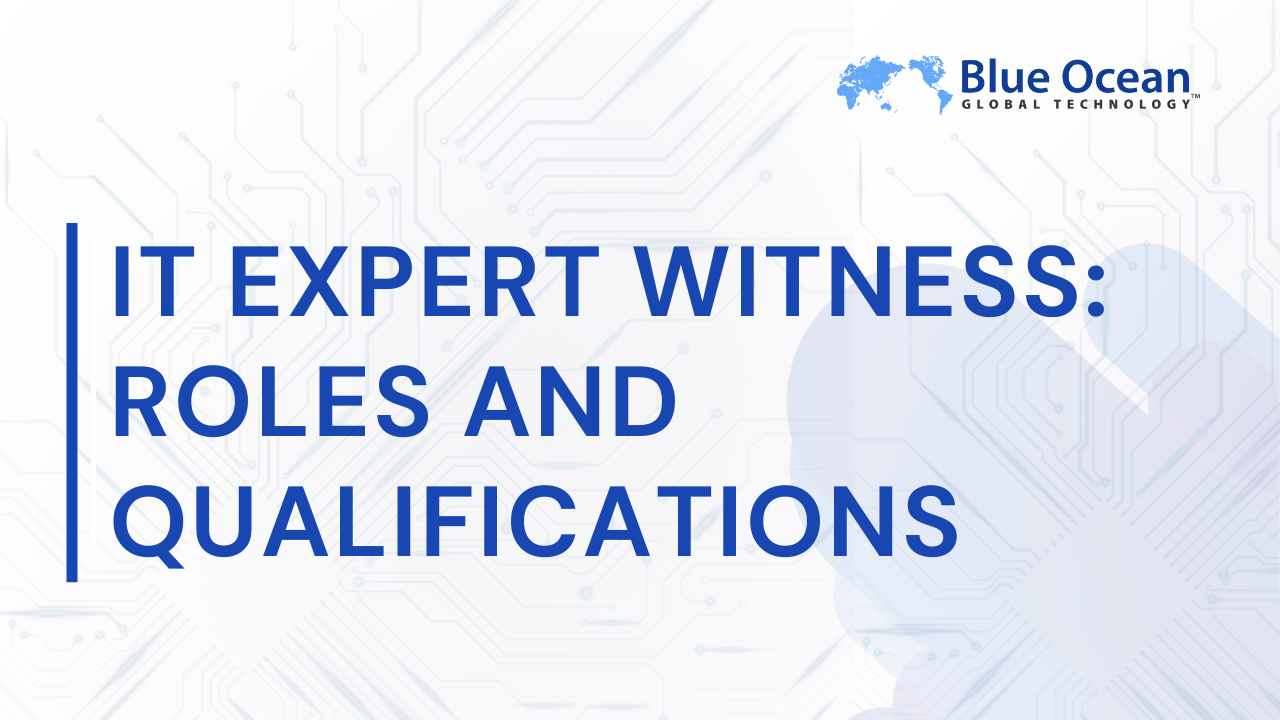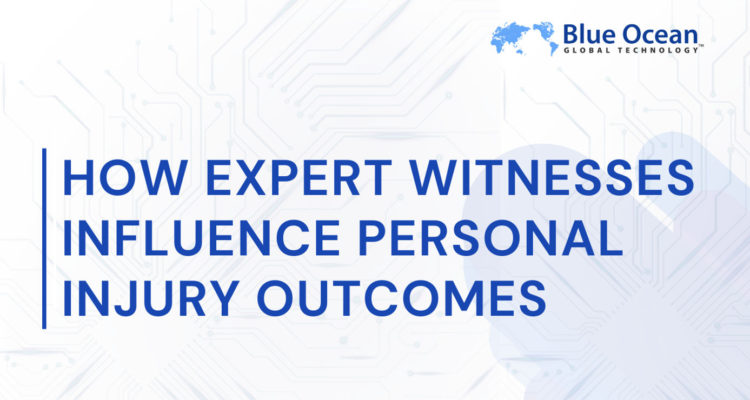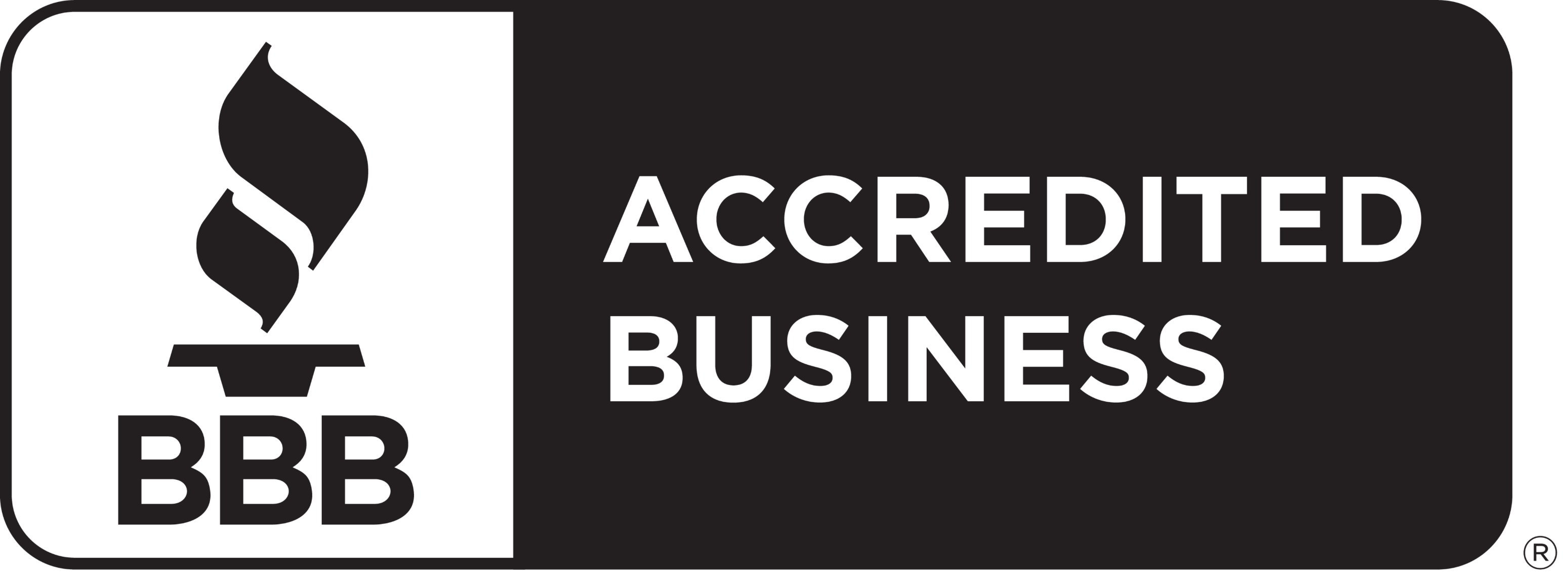Introduction
An IT expert witness is a professional with specialized knowledge and experience in information technology. They assist the courts by simplifying legal terms into digestible information. Their primary goal is to provide objective, fact-based analysis and opinions that clarify IT-related matters in legal disputes. They are called upon in cases related to cybersecurity breaches, software failures, intellectual property disputes, and data recovery. Other subject matter include digital forensics and IT infrastructure assessments.
Source : Pexels
Considering their qualifications and years of practical experience, IT expert witnesses can identify and explain technical failures, and assess liability. They can also validate digital evidence by preparing detailed reports and offering testimony in court. Their expertise ensures that accurate and unbiased interpretations inform legal decisions of IT systems and technologies. However, such expertise is inconsequential without combining it with communication skills. They need to translate intricate IT jargon into clear, understandable language.
Responsibilities of an IT Expert Witness
Analyzing technical evidence and providing reports.
One of the primary responsibilities of an IT expert witness is to analyze technical evidence pertinent to a legal case. This may involve examining software systems, network configurations, hardware failures, or cybersecurity breaches. Their goal is to identify the root causes of issues, assess compliance with industry standards, and determine potential liabilities. The findings are often documented in comprehensive technical reports that outline the evidence, methodologies used, and conclusions drawn.
Condensing IT concepts for judges and juries.
IT expert witnesses play a crucial role in bridging the gap between complex technical subjects and non-technical audiences, such as judges and juries. They must distill intricate IT concepts into clear, understandable language without sacrificing accuracy. By presenting their analysis in a concise and relatable manner, they help decision-makers grasp the technical aspects of the case. This ensures that justice is based on informed understanding.
Source : Freepik
Preparation of expert reports.
An essential aspect of an IT expert witness’s role is preparing expert reports. These documents provide a detailed summary of their analysis, findings, and opinions, supported by evidence. Expert reports must adhere to legal and procedural standards, ensuring they are comprehensive and unbiased.
Qualifications of a Credible IT Expert Witness
Educational background and certifications.
A credible IT expert witness must have a solid educational foundation. Typically, holding a degree in information technology, computer science, cybersecurity, or a related field is preferred. Advanced degrees such as a master’s or doctorate further establish their expertise. Certifications like CISSP (Certified Information Systems Security Professional), CISA (Certified Information Systems Auditor), or ITIL (Information Technology Infrastructure Library) demonstrate specialized knowledge and adherence to industry standards, strengthening their credibility in legal contexts.
Relevant experience in the IT industry.
Extensive experience in the IT industry is a key qualification for an expert witness. This includes working in diverse roles such as systems administration, software engineering, network security, or IT consulting. A history of hands-on involvement in resolving complex technical challenges provides insights and enhances their ability to assess real-world scenarios.
Source : Pexels
Track record as an expert witness
Having a history of serving as an expert witness in legal cases adds significant weight to their credibility. A proven track record demonstrates familiarity with the legal process and the ability to prepare legally compliant expert reports. Competency with expert reports ensures that the courtroom testimony is clear and effective. This experience reassures legal teams of their reliability and professionalism.
Communication skills
Strong communication skills are indispensable for an IT expert witness. They must articulate complex technical information in a way that is easily understood by non-technical audiences, including judges, juries, and attorneys. The ability to present findings clearly, both in written reports and verbal testimony, is critical. Strong communication skills ensure their analysis is persuasive and impactful in court proceedings.
Strengthen your case with our IT expert testimony
Our IT professionals will ensure your case has the best chance of success. Contact us today to learn more.
Tips for Hiring the Right IT Expert Witness
Vet the expert’s credentials
When hiring an IT expert witness, thoroughly reviewing their credentials is essential. Verify their educational background, certifications, and professional affiliations to ensure they meet industry standards. Cross-check their resume for practical experience, focusing on roles relevant to the case. Seek references from past clients or legal teams they have worked with. Reviewing their published work, such as articles or research papers, to gauge their expertise in the field is also recommended.
Evaluate their litigation experience
Beyond technical expertise, assess their experience in legal proceedings. An ideal IT expert witness should have a history of working within the legal framework, including deposition testimony, courtroom appearances, and drafting expert reports. Their familiarity with legal protocols and ability to handle cross-examination are crucial for maintaining credibility under scrutiny.
Source : Freepik
Ensure their expertise aligns with the specific case requirements
An IT expert witness’s expertise should align closely with the specific technical issues in the case. For example, a cybersecurity case requires an expert with strong credentials and experience in network security, while a software dispute may need someone proficient in software development and licensing. Matching their specialization with the case ensures their analysis and testimony is authoritative, enhancing the credibility of your case.
Check availability and commitment
An expert witness must have the time and resources to dedicate to your case. Confirm their availability for key milestones, including analysis, report preparation, depositions, and court appearances. An overcommitted expert may compromise the quality and timeliness of their work.
Conclusion
Since the advancements in technology, IT has embedded itself in most aspects of our lives. Due to this, it has become a prevalent part of court proceedings. Hence, understanding the responsibilities and criteria for the selection of IT expert witnesses is essential for anyone dealing with an IT dispute.
Frequently Asked Questions
1. What is the role of an IT expert witness in legal cases?
An IT expert witness provides specialized knowledge to help courts understand complex technical matters. They analyze evidence and offer fact-based opinions on cases involving cybersecurity breaches, software failures, intellectual property disputes, and more.
2. What qualifications should an IT expert witness have?
A credible IT expert witness typically has a strong educational background in IT, computer science, or cybersecurity. Relevant certifications like CISSP or CISA are also an advantage. They should have extensive industry experience, a proven track record as an expert witness, and excellent communication skills.
3. What responsibilities does an IT expert witness have?
Their responsibilities include analyzing technical evidence, preparing expert reports, simplifying IT concepts for legal teams and courts, and providing testimony. They must adhere to legal standards and maintain objectivity in their assessments and conclusions.
Find the right expert for your case
Considering the sensitivity of an IT dispute, ensure you have the right expert in your camp. Talk with us and learn more about the benefits of hiring the right expert.

















